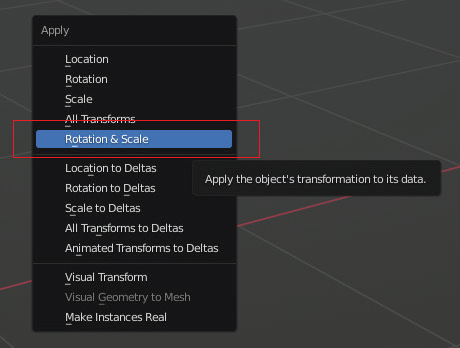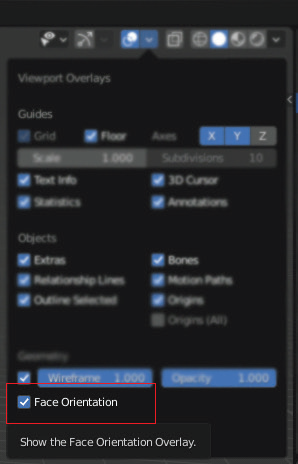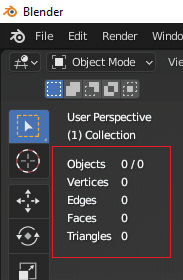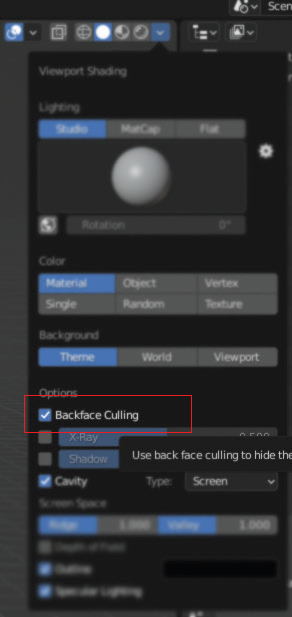BLENDER
The layers
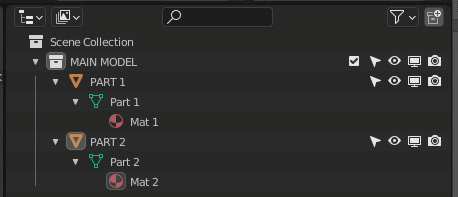
Make sure the model structure is correct and does not contain unnecessary layers.
Limit the number of layers of the model by dividing individual parts according to the assigned textures.
Remember that each layer has a different name.
Avoid sublayers.
Clean up the scene from duplicate and unnecessary objects.
- points
- surface
- edges
- curves
- lights
- cameras etc.

Model
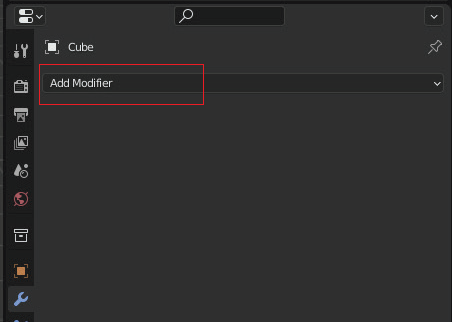
Join the vertexes and check the orientation of all surfaces.
Activate applied model modifications and transformations.
Check the position of the model in space and the direction of the normals.
Check scales and units.
Keep the correct geometry structure and number of its components.
Check that the scene does not contain any hidden elements.

Textures
The object should contain only one UV Map from each used space of the material, i.e.
- color
- ambient occlusion
- roughness
- normal
- metallic
- specular
- glossiness
Make sure the model has surfaces properly mapped.
Make sure all textures display properly.
Remove duplicate textures.
Animations
Maximum number of all model bones: 254
All animations must be combined into one (or contain the same name).
Supported animation types:
- Keyframe (translation, rotation, scale)
- Shape keys (not supported on IOS)
- Armatures/skinning
A model containing modifiers should have them applied.
Export
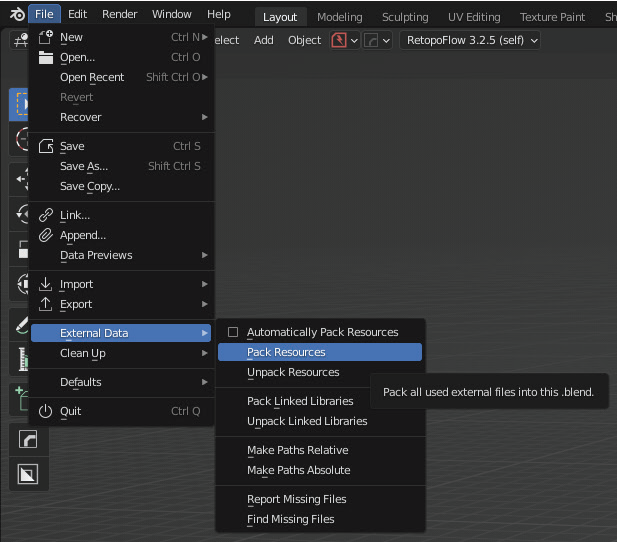
Pack all used materials for the scene and then save the .blend file.
Upload .blend file to See My Model platform.

